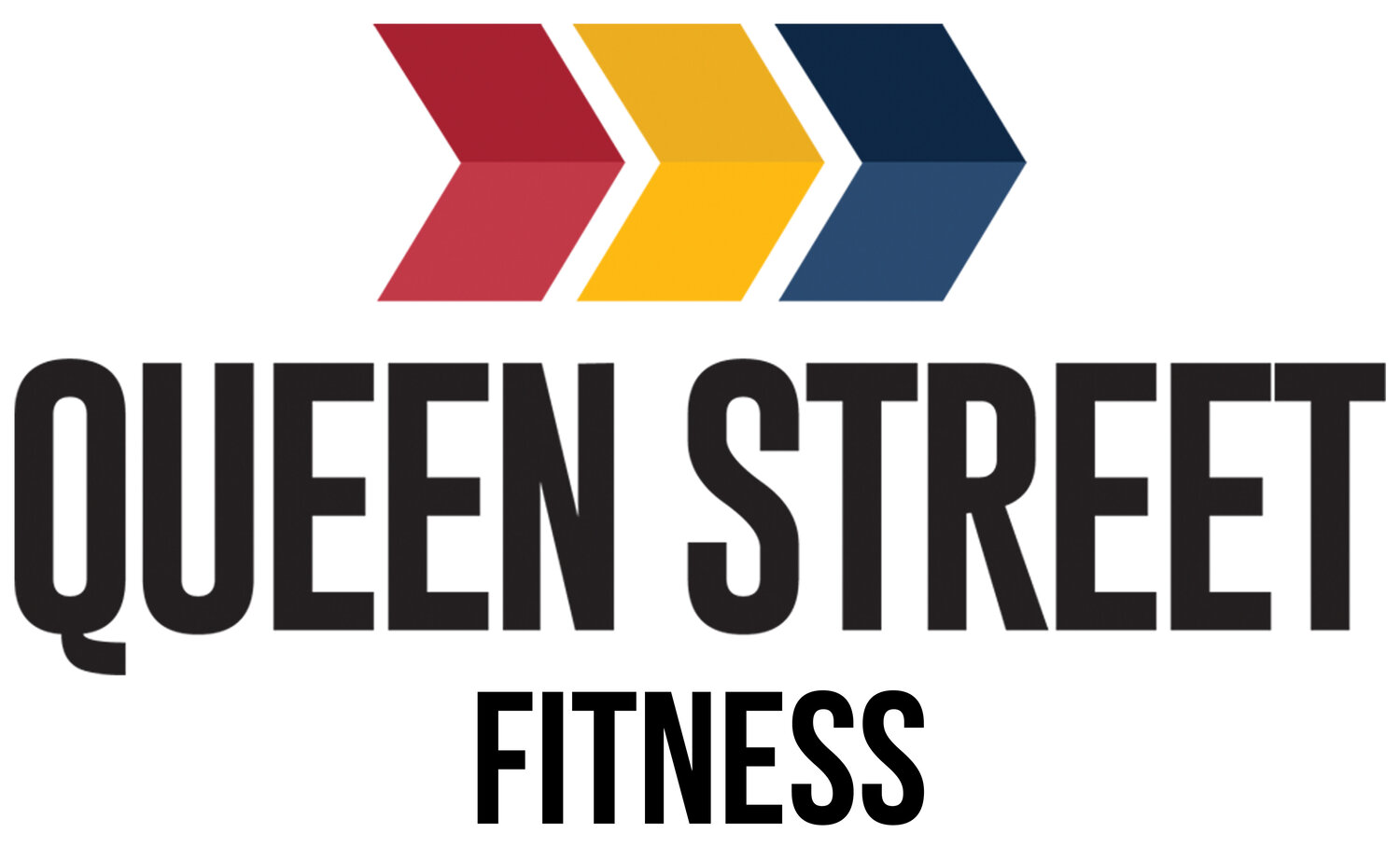This article is about developing habits so you can being 'mindless' about eating. While sometimes you will be faced with unexpected food decisions (like someone offering you a donut at work), for 9/10 of the times you eat, the decision should effectively be already made. This means setting up routines, habits, and an environment conducive to eating how and what you want to eat. Why do we recommend this? Decision-making takes time and mental energy. If you can make healthy eating into a habit, it reduces the conscious decisions you are required to make. If you have prepared or decided what you are going to eat in advance, it can save time, reduce stress, and help guarantee that you eat what you want to eat. Most of us already know the types of foods we should eat, but there is a big difference between “knowing” and “doing.”
Do you find yourself often at school or work very hungry and staring down a bunch of bad food options? Do you go home to an empty fridge so just decide to order pizza? Do you often forget to eat? Do you buy vegetables just to have them go bad? Here are some tips on how a avoid these situations and generally on how to be better prepared:
- If you are not the type to get bored by eating the same thing often, find something you like and eat it every day for breakfast.
- Try eating at the same times every day.
- If there’s a food you don’t want to eat, avoid keeping it around. Grocery shop for foods that align with your values and goals. Try going to the grocery store with specific meals in mind.
- Keep some cooked/ready-to-eat “real” food handy (hardboiled eggs, chopped vegetables, chicken breast, brown rice, etc). Eating “real food” can actually be a much more satiating snack option than “snack foods.”
- If there is a day of the week you can allot a chunk of time (for most this would be Sunday)—devote a few hours to planning a menu and preparing some meals and snacks for the week.
There are varying degrees of food preparation you can try. For some people, prepping a week’s worth of meals works. For others, simply a loose idea of the week’s meals and a scheduled time to cook them daily does the trick. Find what works for you.
The take-away: You have the power to make things as easy as possible for yourself. Make the behaviours you want convenient, and behaviours you don’t want less convenient. Many of us eat fast food or ‘junk’ food not because we want it, but because in the moment it seems like the easiest thing. Eating well should not take a great deal of willpower. Just like it is easier to come to the gym when you are coming often and at a regular time, it is easier to eat well when it is integrated into your daily habits and routines.

